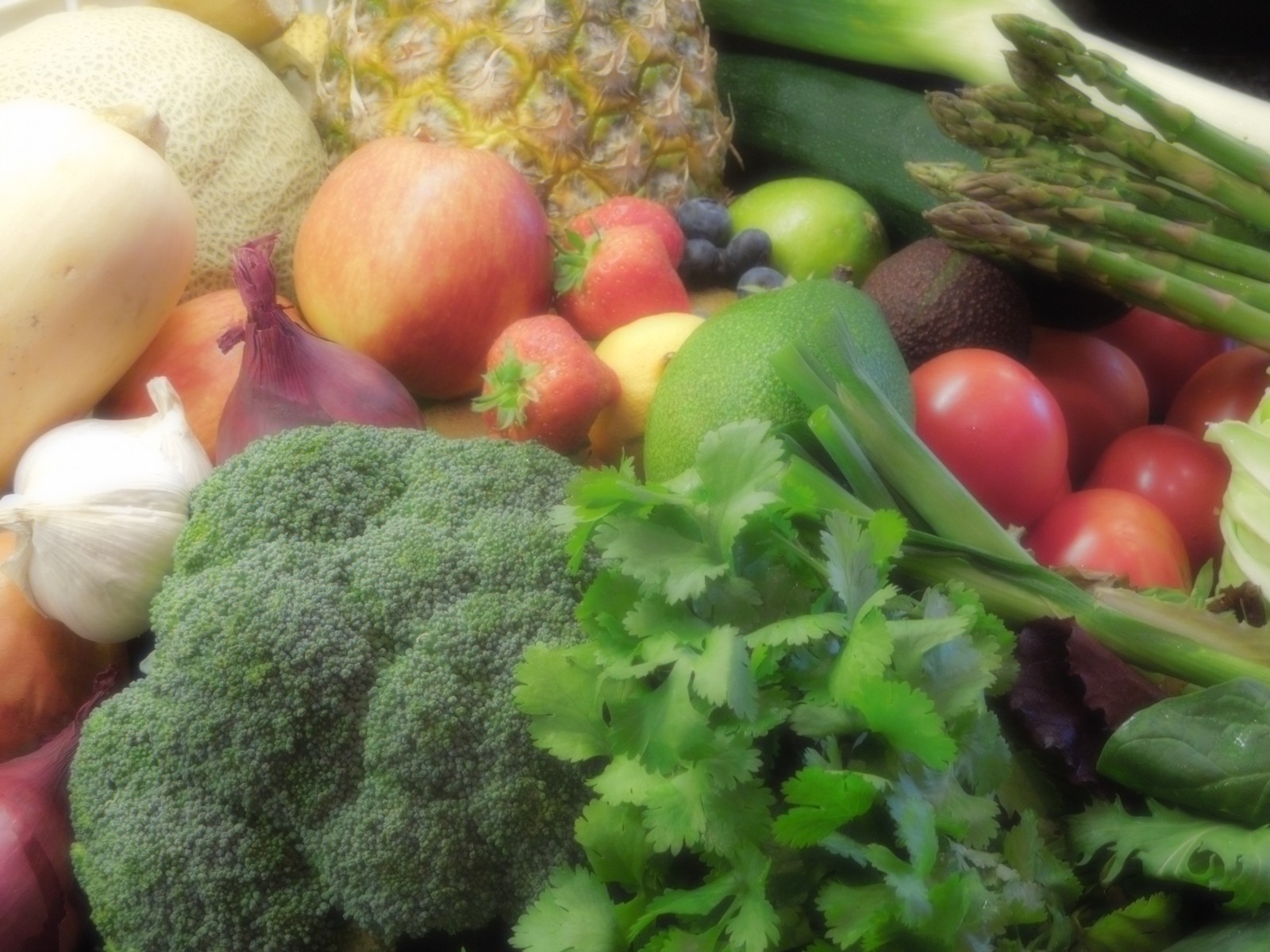Does ‘Organic’ mean healthy? A good question as some people may see the word Organic on a product and assume that it is automatically a healthy choice when this may not be the case. If you are looking to buy natural produce like meat, vegetables or fruit then to buy Organic is preferable for reasons I will discuss below but is organic sugar healthy or organic soy?
This was highlighted for me this week when I read about a Lawsuit in the USA against an Organic Infant Formula that carries the USDA Organic logo because of 26 ingredients that the prosecutors claim should not be in Organic food. The USDA Organic seal means that at least 95% of the ingredients need to be organic. The list of ingredients on the Infant Formula are Water, Organic nonfat milk, Organic Maltodextrin, Organic Sugar, Organic High Oleic Sunflower Oil, Organic Soy Oil, Organic Coconut Oil and then less than 0.5% of the remaining ingredients that may not all be desirable but mainly are made up of Vitamins, Minerals and Amino Acids necessary for human health and brain development. I admit that if Breastfeeding is not an option it is difficult to know what formula would be best for your baby but it is necessary to look beyond the ‘Organic’ label and research what you feel would be best for your baby. I would not want to feed mine Maltodetrin because it is a highly processed grain starch with a glycemic index of 130 (as opposed to sugar at 65), Soy oil as soy bean allergy is one of the more common food allergies as well as acting as a hormone disruptor, also babies should not be fed Non-fat milk as they need the the milk fat and cholesterol and the fat soluble vitamins that it contains.
For more information on choosing good infant formula click here.
Processed foods labelled Organic are still frequently highly processed and may contain high levels of sugar, highly processed grains or hydrogenated fats that are definitely not healthy. I would encouraged you to read even more labels on food! Do not assume that anything from face cream to energy bars are good for you just because they are ‘Organic’. On the other hand I believe it is important to buy Organic fresh produce as much as you possibly can.
Why you should eat Organic and support Organic farming for the good of your health and for the good of Planet Earth.
Farming has changed dramatically over the last 50 years. Soils have become devoid of nutrients and life and crops are grown continuously for high yield with the addition of artificial fertilisers that frequently contain only 3 minerals NPK, herbicides, pesticides, fungicides the use of hybridised crops or GMO, genetically modified crops.
Healthy soil is a living entity containing earthworms, centipedes, beetles, microbes, a good complement of the 90+ minerals, air and moisture. Researchers are increasing recognising that the health of our own human microbiome in our gut is essential to good health our health is dependant on the quality of the plants we eat and the optimization of the soil microbiome. It is the soil we need to feed and nurture not just the plants.
Organic Farming develops healthy soil by rotating crops, using compost, manure and green crops such as clover that are ploughed back in and have the benefit of reducing soil erosion from wind and rain and nutrient loss by secreting sugars and enzymes back into the soil.
- Organic Farming standards differ worldwide but generally feature practices that promote ecological balance and conserve biodiversity with Synthetic pesticides and chemical fertilisers not allowed.
- Organically approved pesticides may be used under certain limited conditions.
- A study in 2014 showed that Organically grown crops contained 17% higher polyphenols (antioxidants that work in the body to enhance health and to reduce inflammation in complex ways) 69% higher Flavanones (which have an effect in preventing cardiovascular disease, cancer, neurogenative diseases like Alzheimer’s and improving bone health).
- Pesticide residue was found in 7% of Organic samples and 38% in non-organic samples. 4x the amount.
- Organic meat production requires that animals should only be fed certified organic food with no animal by-products, not given hormones and that antibiotics are only used when necessary.
- Organic chicken has higher levels of healthy Omega3 fatty acids.
Demand for Organic products has been growing and is up by more than 170% since 2002 and is currently growing by 15-20% a year and yet you will probably be surprised to learn that only 3.8% in the UK and 3.9% of land overall in Europe is Organically farmed. Land generally has to be farmed with Organic methods for at least three years before it can be classified as Organic. In the last year there has been a Worldwide awareness and outcry against the use of chemicals and pesticides that have been shown to impact our health.
You might like to watch this Glyphosate Is Spreading Like A Cancer Across the U.S.
So will you make more effort
to Buy Organic?
Grow your own?
Visit Farmers Markets?
Protest against the use of dangerous chemicals in our food chain?
Just demand better, healthier food?
I really hope so for our health and the health of our beautiful planet.





